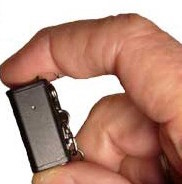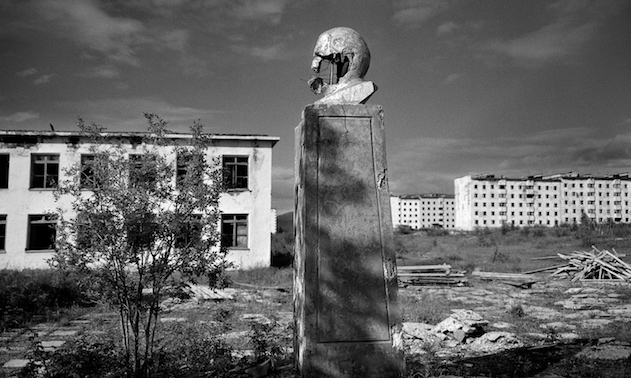CHAPTER TWENTY-NINE
The Mission
When the last lyrics in You Light Up My Life faded away, I got up to click the CD player off. Erect, I decided on impulse to replay the songs I had received from my secret admirer. I pushed the counter button to ‘one,’ then laid back down with my eyes closed. After all, I had a few hours to prepare for the afternoon lecture and then the Mouseketeer meeting. A good night’s sleep would be a rational asset to whatever the morrow might bring, I thought lazily, as the music washed over me.
I was not sleepy, just yet. My mind strayed to Joseph Campbell, and how much his teachings about mythology had helped me understand my fellow man, and also allowed me to forgive. Society needed lots of forgiving, as did I. I sensed the arrogance of my reflections. Then I sat up quickly, my body going rigid. Mythology. What was it about myth? Something occurred to me, which left me on full alert. I stared at the CD player, its digital readout blinking the number “1” at me.
The myth of the Trojan horse had ever so briefly streaked across my mind, like a very tiny, but very bright, shooting star. I moved the machine to my bunk, noting that, although there was a two-prong plug socket on its back, there was no cord. I roughly examined its outside, which seemed normal enough. “AIWA” was printed on the front, in large silver letters. On the bottom there was more printing: “stereo radio cassette player,” with ‘Made in China’ in much smaller letters underneath. I breathed inward more easily.
The player was a common commercial machine. Perhaps pre-mission paranoia was overcoming me. Maybe it was just my own inability to figure out who had put the thing in my room, and who had burned songs onto the disk with such poignant intent. After all, the Trojan horse was a myth created and passed through time with scant foundation of fact to back it up.
The recorder must run on batteries, I calculated. I checked the back closely. Two small levers near the top could be pushed down. I pushed down. A plastic panel, hinged at its bottom, cracked open. I could see many small batteries inside the box, which the panel covered. And something else. Small wires ran along each side of the ‘something else.’ Having suspected something, but not being ready for the something to materialize, I stared between the wires which completed electrical contact with the other batteries, and saw a black rectangular object. It was almost the exact same size as the accompanying “C” cell batteries.
“A Transmitter” I announced to my empty room. On the outside of the object’s shiny black exterior were inscribed the words “TinyTek.” The bug was a commercial

TinyTek recorder
piece, from some faux ‘spy shop’; not a custom engineered design, which another intelligence agency would surely use. Carefully, I pulled the object out, and set it aside. I reassembled the machine, folding a nearby envelope into a sufficiently rectangular enough shape to provide the distancing the object had had. I turned the player on. The CD came to life. I turned it back off. I examined the small object I’d removed. It had small buttons on its side that had been faced down, while it was in the machine. I breathed another sigh of relief. It was a recorder, not a transmitter.
















Don's Miss any Updates or New Chapters
Join our mailing list to receive the latest news and updates from our team.
You have Successfully Subscribed!